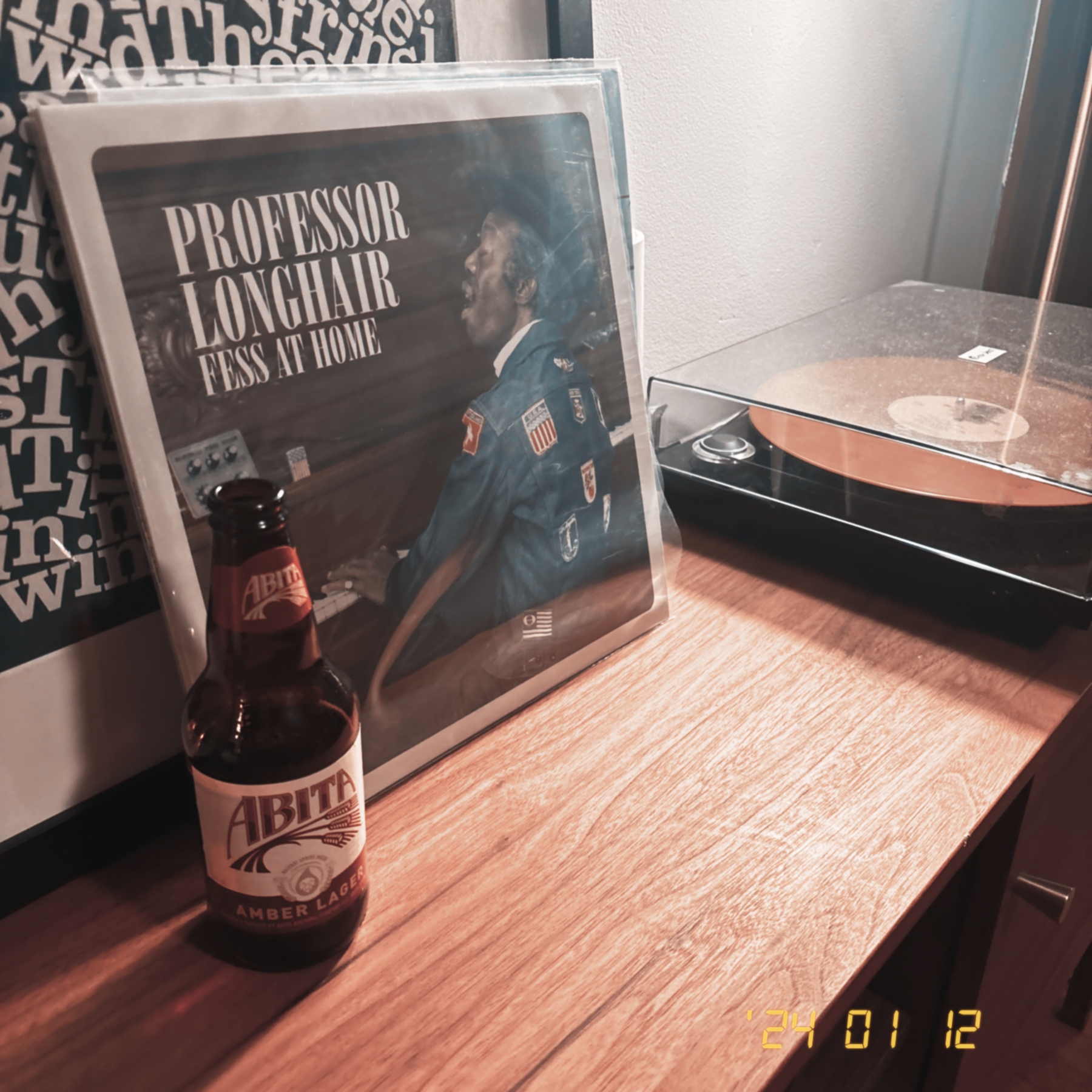A Teenager's Parent
Wherein I consider all that Jay-Z and I have in common.
Wherein I consider all that Jay-Z and I have in common.
I attended a webinar today that featured presenters from my previous job/organization. It’s hard to believe that it has been about six years since I moved into my current role. After all this time has passed, it was terrific to see & hear of the good work they are doing. I closed the webinar window as it was concluding and was full of gratitude for our professional paths crossing. I’m so glad that they are still making wonderful contributions to the ministry of health care.
new ai executives
Hottest Job in Corporate America? The Executive in Charge of A.I.
I am a health care executive serving in a role that was borne out of a different trend - the diminishing number of women religious leading the hospitals founded by their religious orders.
Two quick thoughts from my experience:
There is a significant value in having a role empowered to provide oversight and support of efforts that pervade an organization. This applies to many senior roles, like finance or human resources. The fact that AI can impact so many disparate areas of operations (including finance, human resources, and beyond) is a good case for a key point-person to ensure AI is implemented in a way that reflects the organization’s mission and values.
The shadow side of these roles, however, is that org-wide responsibility can land on one person. Should everyone (or just key leadership) in the organization defer oversight and responsibility to this one person, it can set the organization up for failure.
Implementing AI is complex on both technical and organizational levels. It demands particular experience & the full support of organizational leadership to be implemented in a meaningful (and successful) way.
who am I
Swallows, Moles, and other Animal-Philosopher Typologies
I think I am best described as a fox-swallow.
Which, according to this typology of philosophers, means that I “love to soar and to entertain philosophical hypotheses” and “know (a little) about many things.”


Finished reading: The City and the Hospital by Daniel Skinner 📚
This should be required reading for anyone serving in a hospital/health system leadership role.
This afternoon, I saw people walking across the frozen pond in Tower Grove Park.

Vatican's AI Expert
The Vatican’s top expert on Al ethics is a friar from a medieval Franciscan order
“It is a problem not of using (AI) but it is a problem of governance,‘’ [Benanti] said. ”And here is where ethics come in — finding the right level of use inside a social context.”
This is spot on. Ethics plays a crucial role in the deployment, use, and on-going monitoring of AI systems.
Not sure if this is helping…

Current mood:


Finished Listening: Me Talk Pretty One Day by David Sedaris 📚 🎧
This audiobook ends a Sedaris trifecta. 🤣